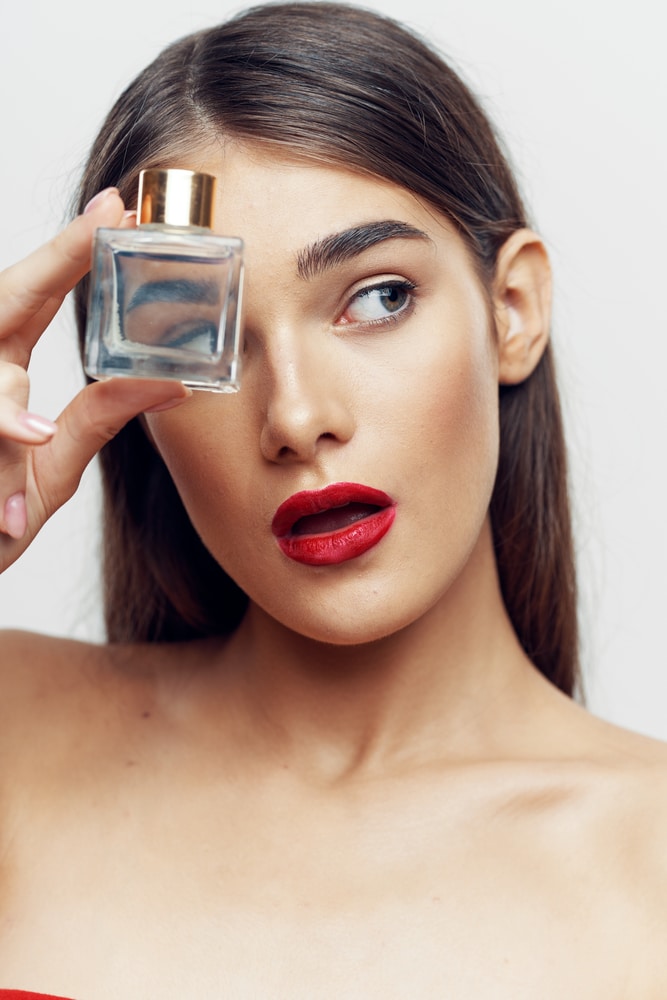The history of perfume is as old as civilization itself. From the ancient Egyptians to the modern-day fashion runways, fragrances like seductive perfumes have played a pivotal role.
In ancient times, they were integral to religious rituals and royal ceremonies, often considered a bridge to the divine. The Romans and Greeks furthered the art of perfumery, using scents in baths and during massages.
Fast forward to the 19th century, and we see the birth of modern perfumery in France, where techniques to extract scents from flowers and create synthetic compounds were developed.
The Alchemy of Scent
Understanding the composition of perfumes is like unraveling a complex puzzle. A perfume typically consists of top, middle, and base notes.
Top notes provide the initial scent impression, often light and volatile, like citrus or herbal scents. Middle notes, or heart notes, form the core of the perfume.
Floral or fruity scents often occupy this layer. The base notes, emerging later, provide the lasting fragrance, with rich, deep scents like musk or vanilla. This trinity of notes works in harmony, creating a dynamic and evolving sensory experience.

Scent and Psychology
The psychological impact of perfume is profound. Scents have the power to evoke memories, influence moods, and even affect perception.
A study in the journal of Psychological Science revealed that a person’s scent can influence how others perceive their personality. Perfumes can convey confidence, sophistication, or even seductiveness, subtly influencing social interactions.
Cultural Scentscape
Cultures around the world have their unique fragrance preferences, influenced by societal norms, climate, and even history. In the Middle East, for example, rich, opulent scents with oud and musk are popular, reflecting the region’s love for deep, lasting fragrances. Western preferences lean towards lighter, floral or citrus scents.
In a nutshell
Perfumes are more than just fragrances; they are a form of personal expression, an art that touches the senses and the soul. Through their evocative power, perfumes have the ability to transport us to different places and times, evoke memories, and influence emotions and perceptions.


